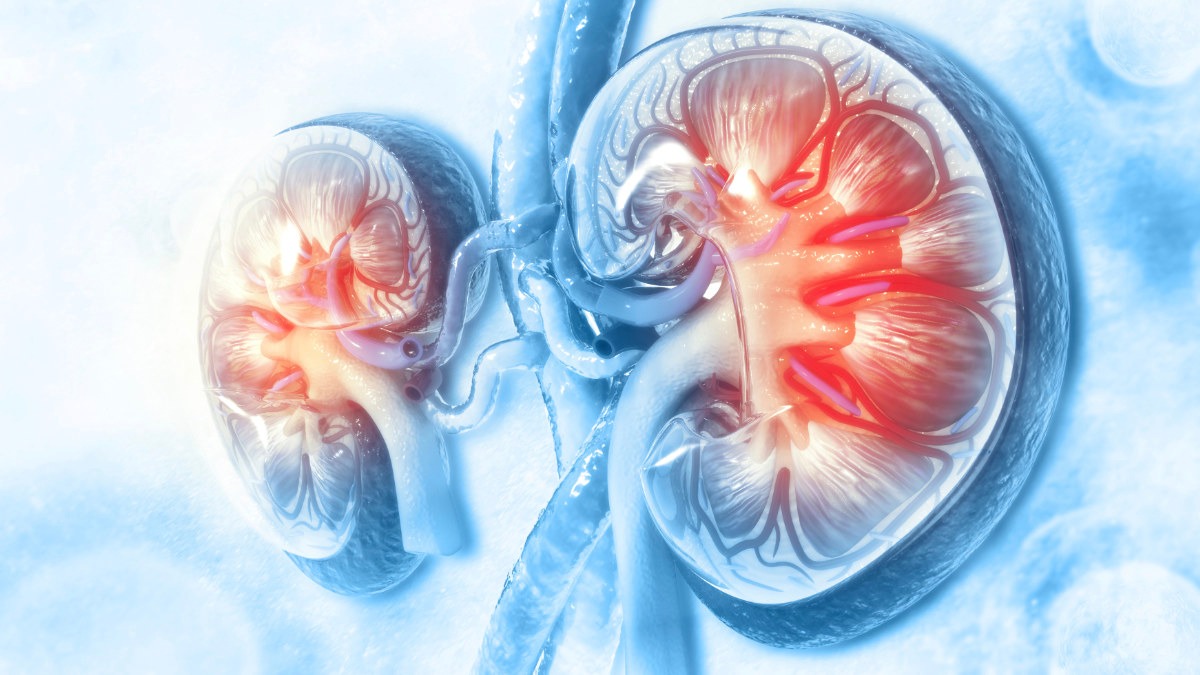Kidney failure, a condition where the kidneys lose their ability to filter waste and excess fluids from the blood, is a significant medical concern that can result from various causes. Hemolytic-uremic syndrome (HUS), on the other hand, is a rare but severe condition often associated with kidney damage. This article explores the relationship between kidney failure and HUS, shedding light on the role of medicine in managing these conditions.
Kidney Failure:
- Definition: Kidney failure, also known as end-stage renal disease (ESRD), is a condition where the kidneys’ function is severely impaired. This can result from chronic kidney disease (CKD), acute kidney injury (AKI), or other underlying medical conditions.
- Causes: Common causes of kidney failure include hypertension, diabetes, glomerulonephritis, and genetic disorders. It can also occur due to long-term use of certain medications, infections, and autoimmune diseases.
- Symptoms: Symptoms of kidney failure may include fatigue, swelling (edema), high blood pressure, changes in urination patterns, and electrolyte imbalances.
- Medicine’s Role: Medication is often used to manage underlying conditions causing kidney failure, control blood pressure, and treat complications such as anemia and bone disease. In advanced stages, kidney transplantation or dialysis may be necessary.
Hemolytic-Uremic Syndrome (HUS):
- Definition: HUS is a rare but severe condition that typically results from an infection, often due to E. coli bacteria, which can lead to the destruction of red blood cells and kidney damage.
- Causes: HUS is commonly caused by consuming contaminated food or water. In some cases, it can be triggered by certain medications, autoimmune diseases, or genetic predispositions.
- Symptoms: Symptoms of HUS include diarrhea (often bloody), anemia, low platelet count (thrombocytopenia), and acute kidney injury. It can be life-threatening, especially in children.
- Medicine’s Role: While there is no specific medication to treat HUS, medical care is essential to manage complications and provide supportive treatment, which may include blood transfusions, fluid replacement, and medications to control blood pressure and prevent further complications.
Medicine’s Role in Managing Kidney Failure and HUS:
- Pain Management: Medications can help manage pain and discomfort associated with kidney failure and HUS.
- Symptom Control: Medications are used to control symptoms, such as high blood pressure, anemia, and complications like electrolyte imbalances.
- Preventative Measures: Antibiotics and other medications may be used to prevent or manage infections that can lead to HUS.
- Supportive Care: Medicine plays a vital role in providing supportive care, including managing complications and maintaining overall health.
Kidney failure and Hemolytic-Uremic Syndrome are distinct yet interconnected medical conditions, both of which require careful management through medicine and medical intervention. Early diagnosis and proper medical care are crucial in mitigating the progression of kidney failure and HUS, improving the quality of life for affected individuals, and increasing their chances of recovery.
also read :
West Nile Virus in Massachusetts: Understanding the Threat and Preventive Measures
